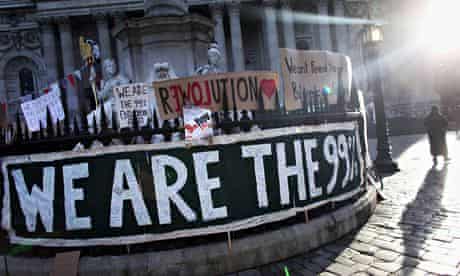“For a vegetarian, you seem to have a lot of demands,” I told myself.
I am obviously out of sync with what being vegetarian means these days. At an age when everyone demands rights, I guess it is the same for vegetarians (and vegans, too). Rightly so too. Everyone deserves their place in the sun or rather on Earth, the rich, the economically challenged, the disabled bodies and pretty much everyone else.
From the things that I understood in my impressionable age, by sticking around erudite adults, I assumed that one needs to control his primal desires to be a better soul. By suppressing innate desires to attack, devour and consume fellow members of the animal kingdom, it is believed people would pick up more brownie karmic points in the repeating cycles of rebirth. Hurting the sentiments of their own kind with their uppity attitude does not count.
Of course, some have turned green for health reasons. Perhaps they had a pressing need to care for the environment or just ethical judgment of killing a fellow being with no religious undertones.
My impression of how a vegetarian conducts himself is perhaps moulded by looking at a vegetarian friend, GR, a Brahmin and a vegetarian from birth. Whilst caught in the annual floods in Kelantan on our tour duty, we were left with just rice to eat. There were no vegetables to harvest, no dry land for hens to lay eggs and, of course, no fishing due to the monsoon. Chickens were off the menu. They had probably drowned or could not be transported from the barns.
So my Brahmin friend ended up sustaining life with just rice and soya sauce. It went on for one week till normalcy prevailed. The rest of us had sardines, anchovies or fermented shrimp paste (belacan).
After laying down the ground rules of who can consume what and the differentiation between vegans, ovo-vegans and lacto-vegetarians, the fight is not quite over. You forgot Jains, who avoid tubers and roots. Then you have the nuevo-riche with gluten-free, lactose-free, sugar-free necessity. Eggs of free-ranging chicken are a no-no for some ovo-vegetarians, as their eggs could have been fertilized; hence, they are technically live animals.
Vegans have claimed that a plant-only diet offers a multitude of health benefits, is better for the environment, and is the only ethical choice. While some of them respect the dietary choices of others, some of them proselytize with religious-like fervor and are working to get their diet adopted by all of humanity.
What started as a personal wish to control animalistic behaviours in us as we are what we eat and a wish to protect the environment has morphed into something laughable sometimes. It has become a fashion statement, an elitist snobbish gesture. Bending backwards to be nice to animals, they have no qualms about abusing fellow human to meet their dietary need. They also selectively choose to close an eye upon the cruelty done to dairy cows and the indiscriminate culling of male calves.
At the end of the day, it is economics, stupid!


.webp)




















